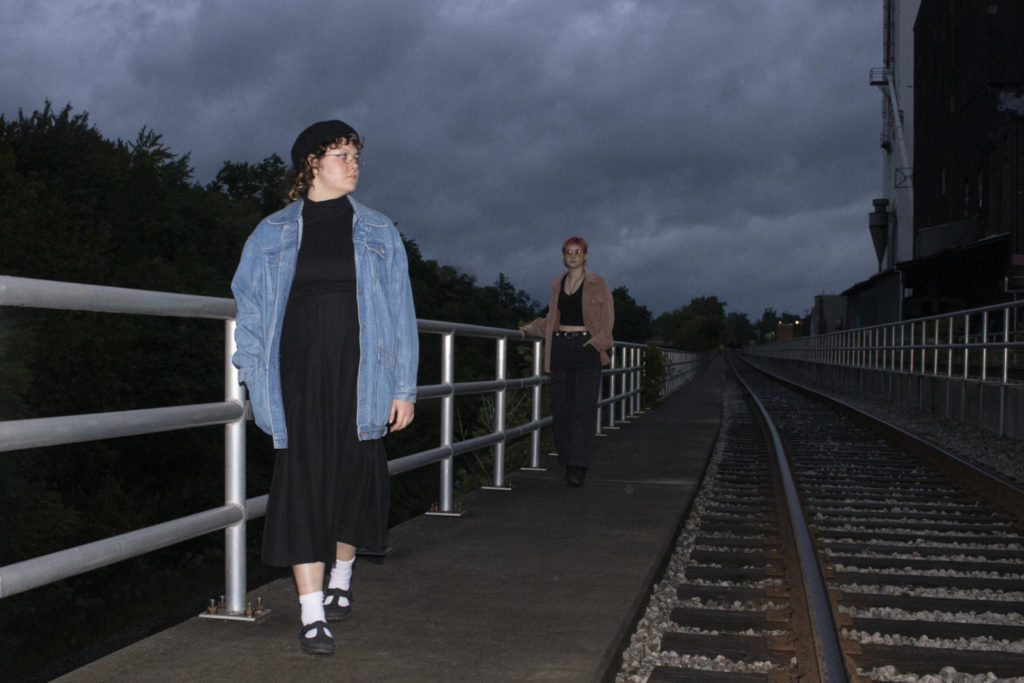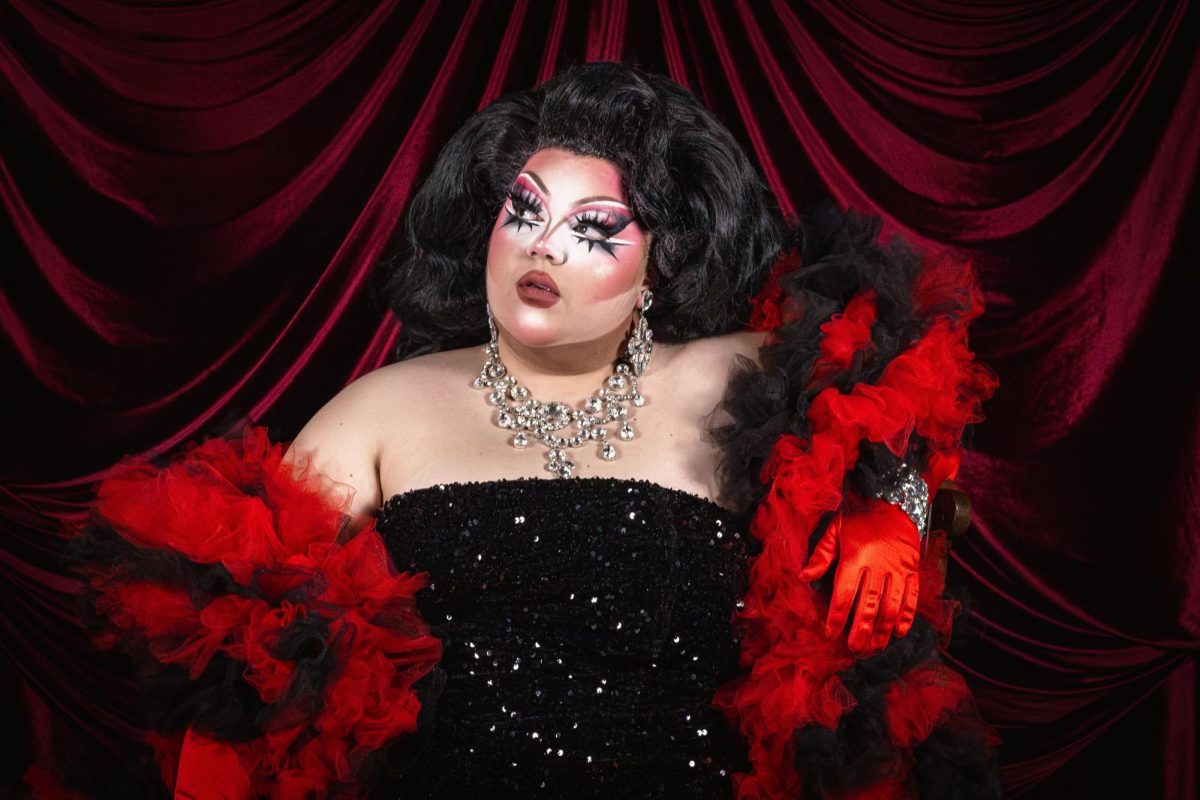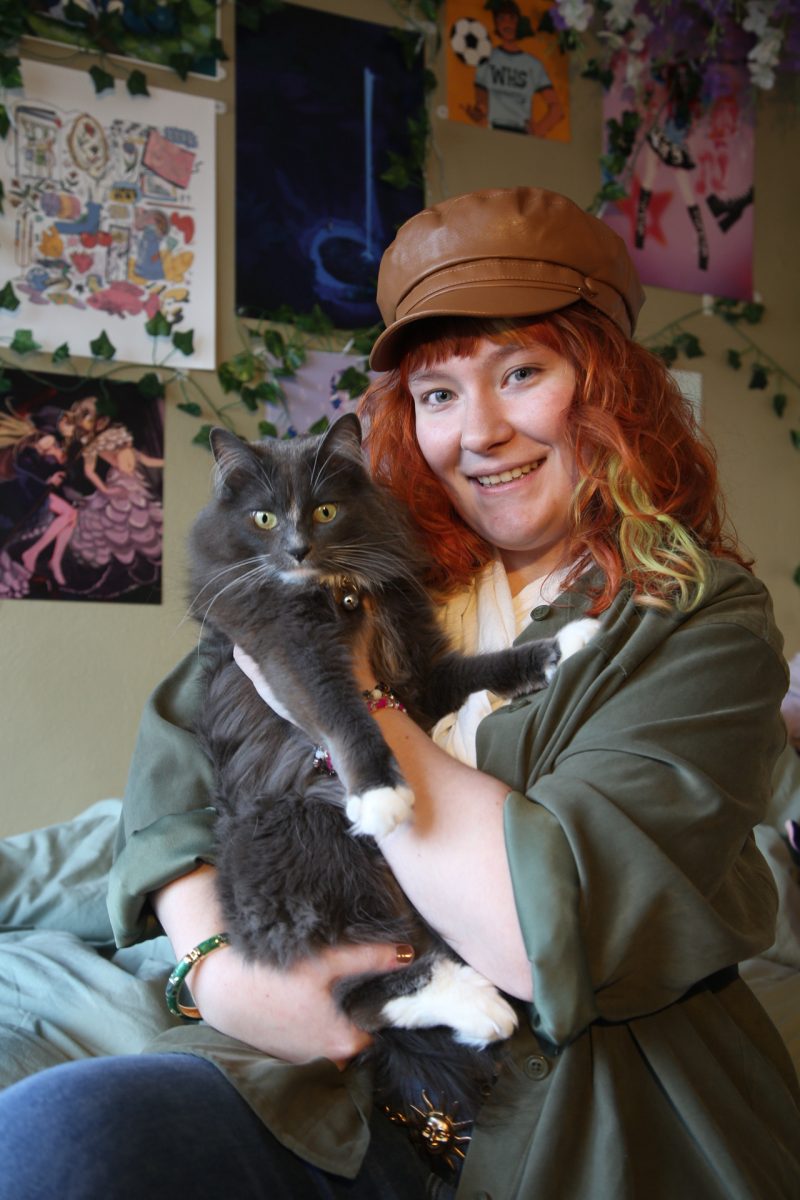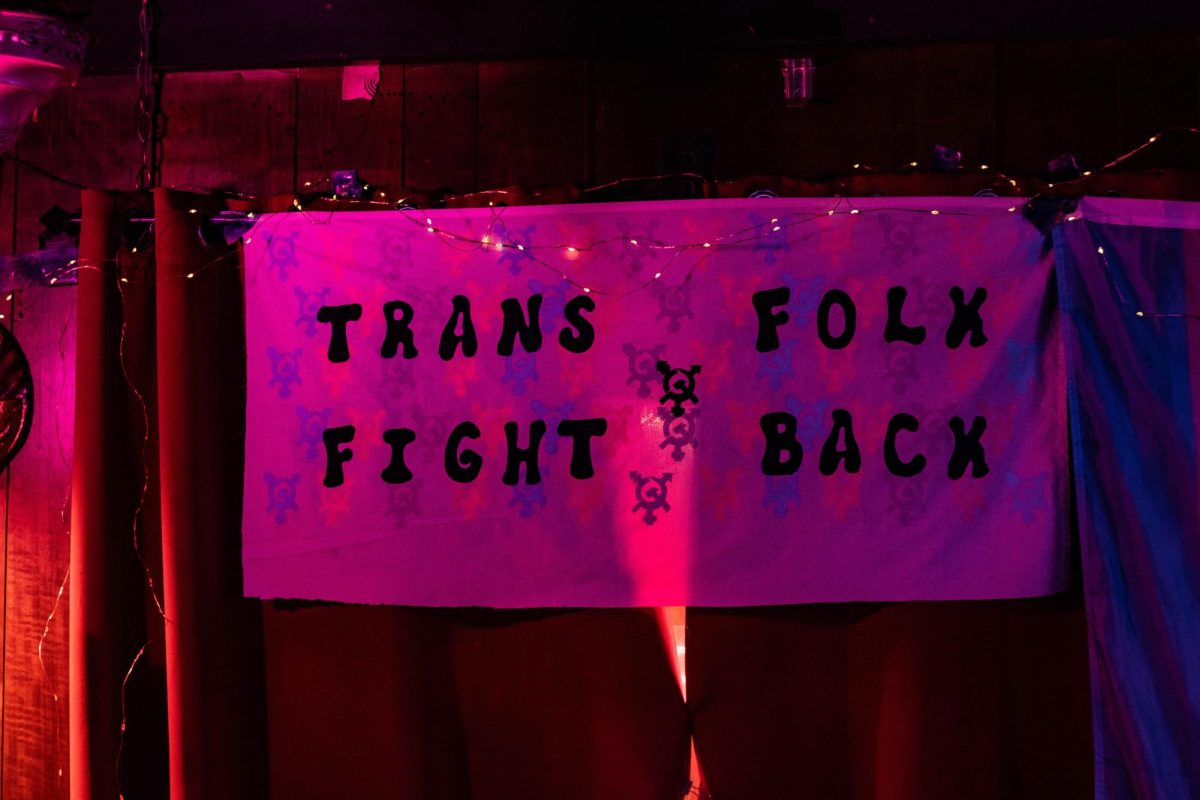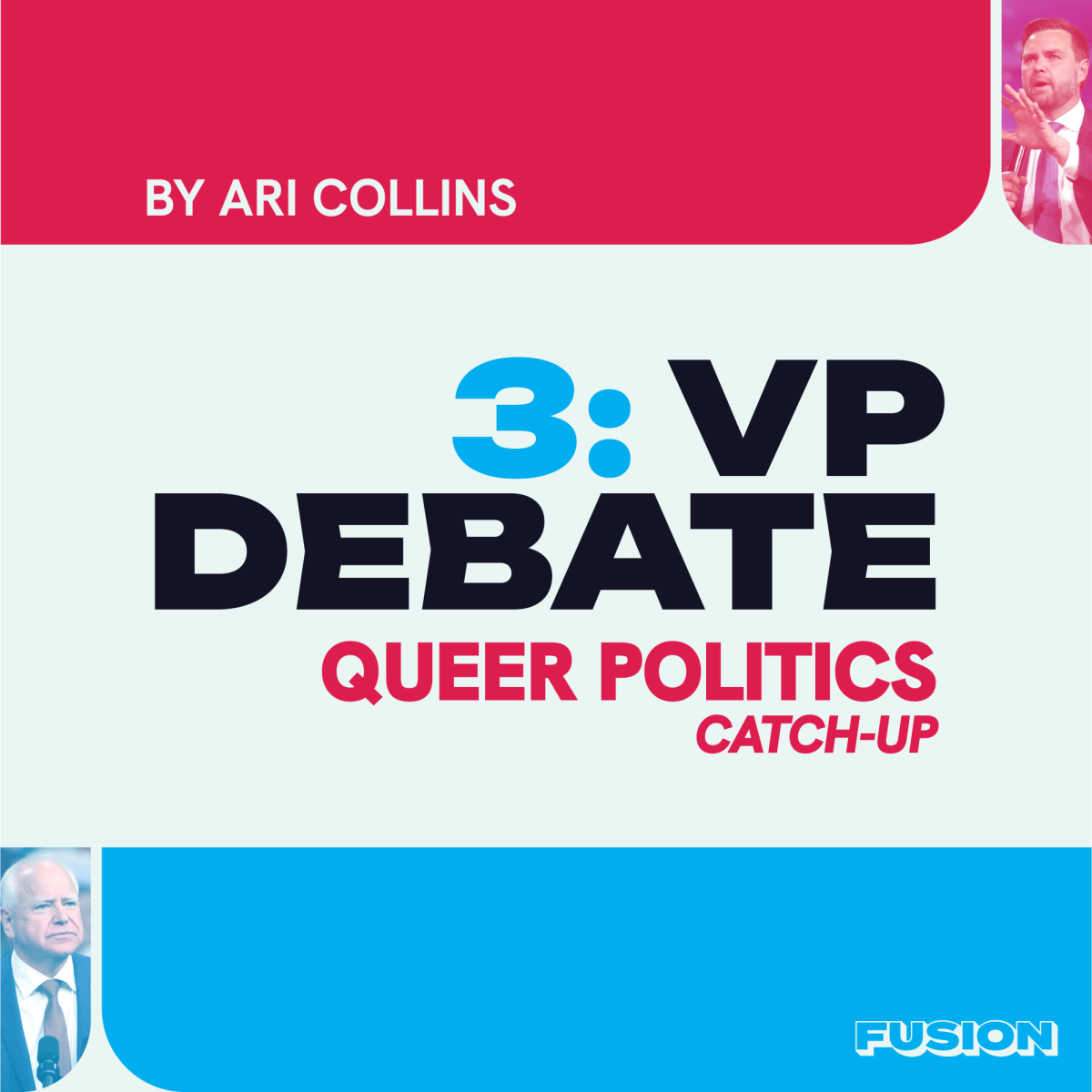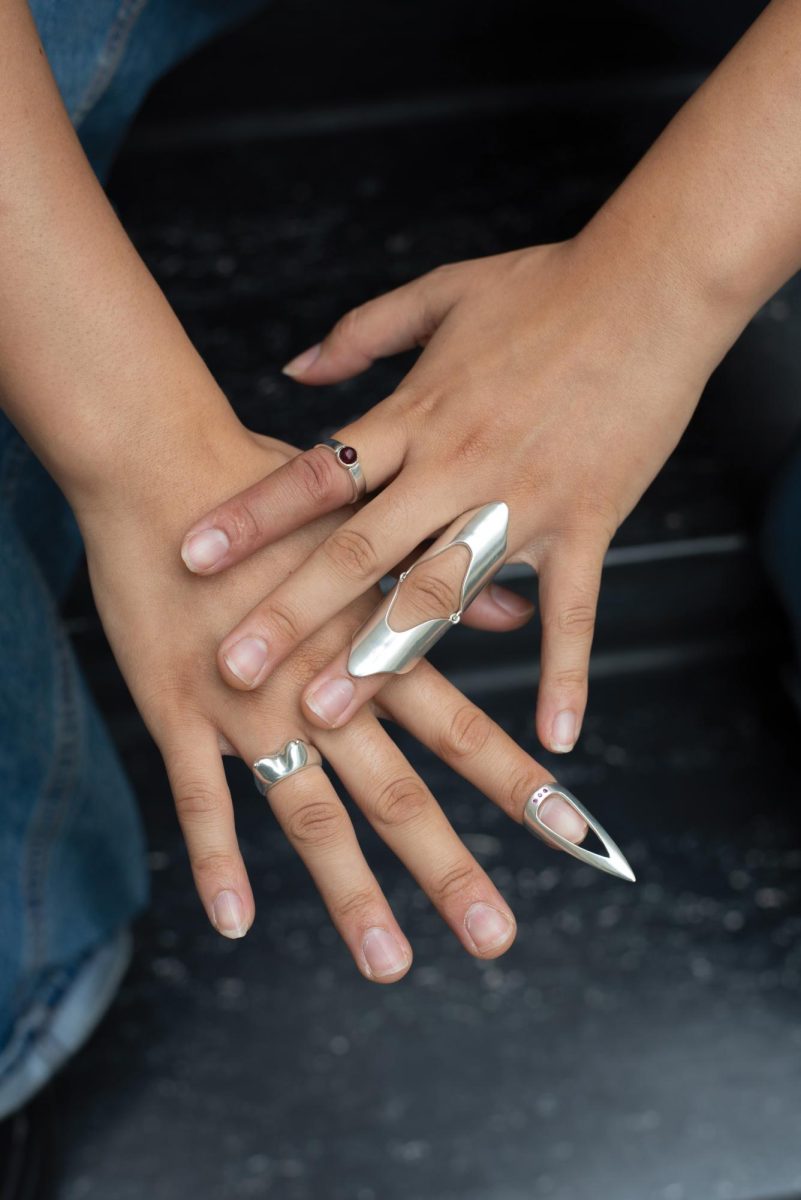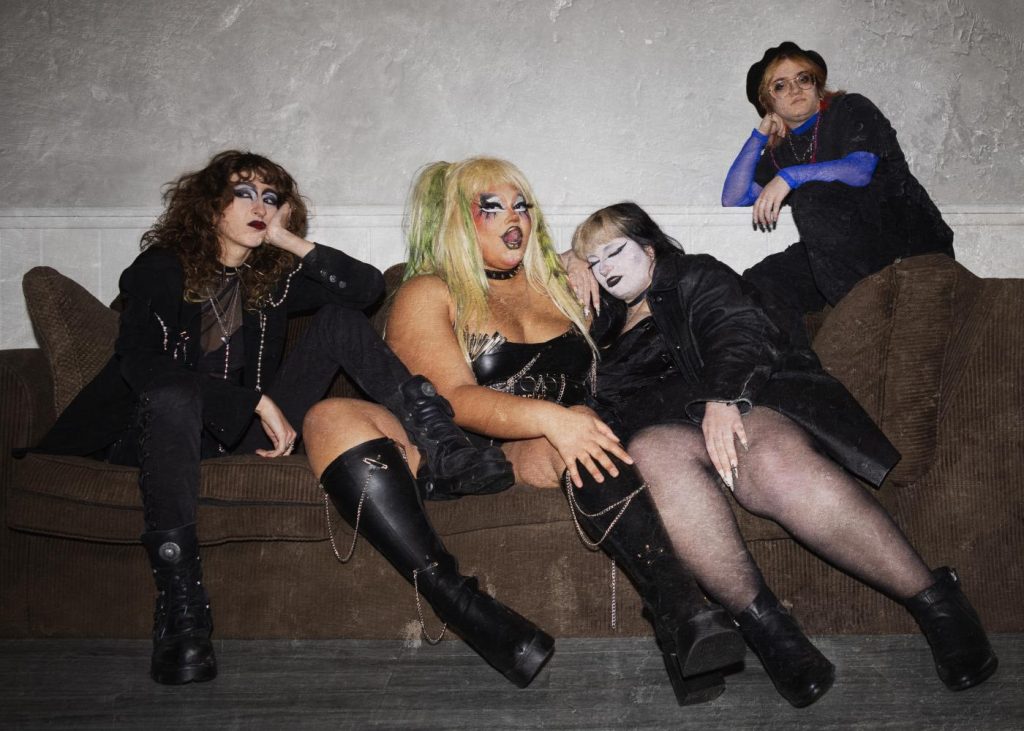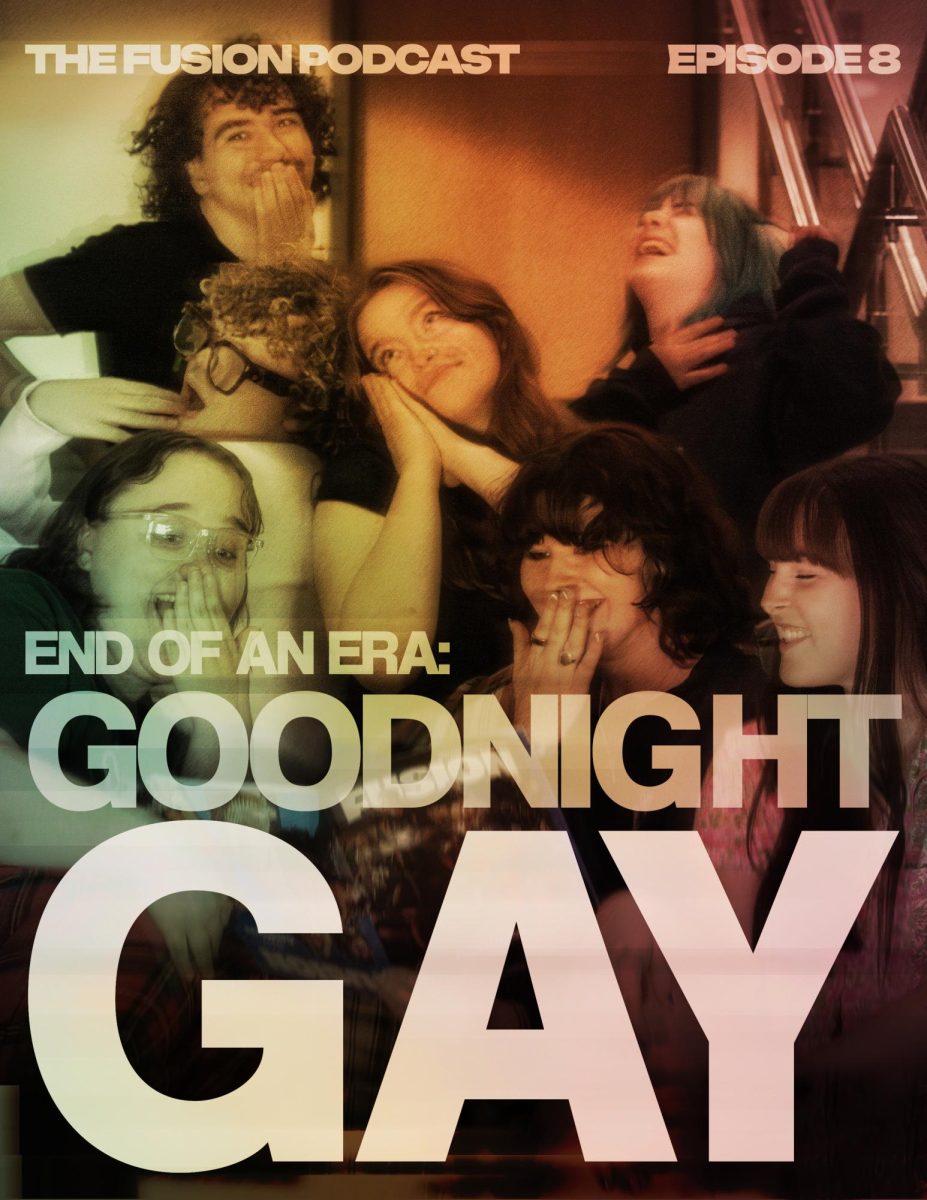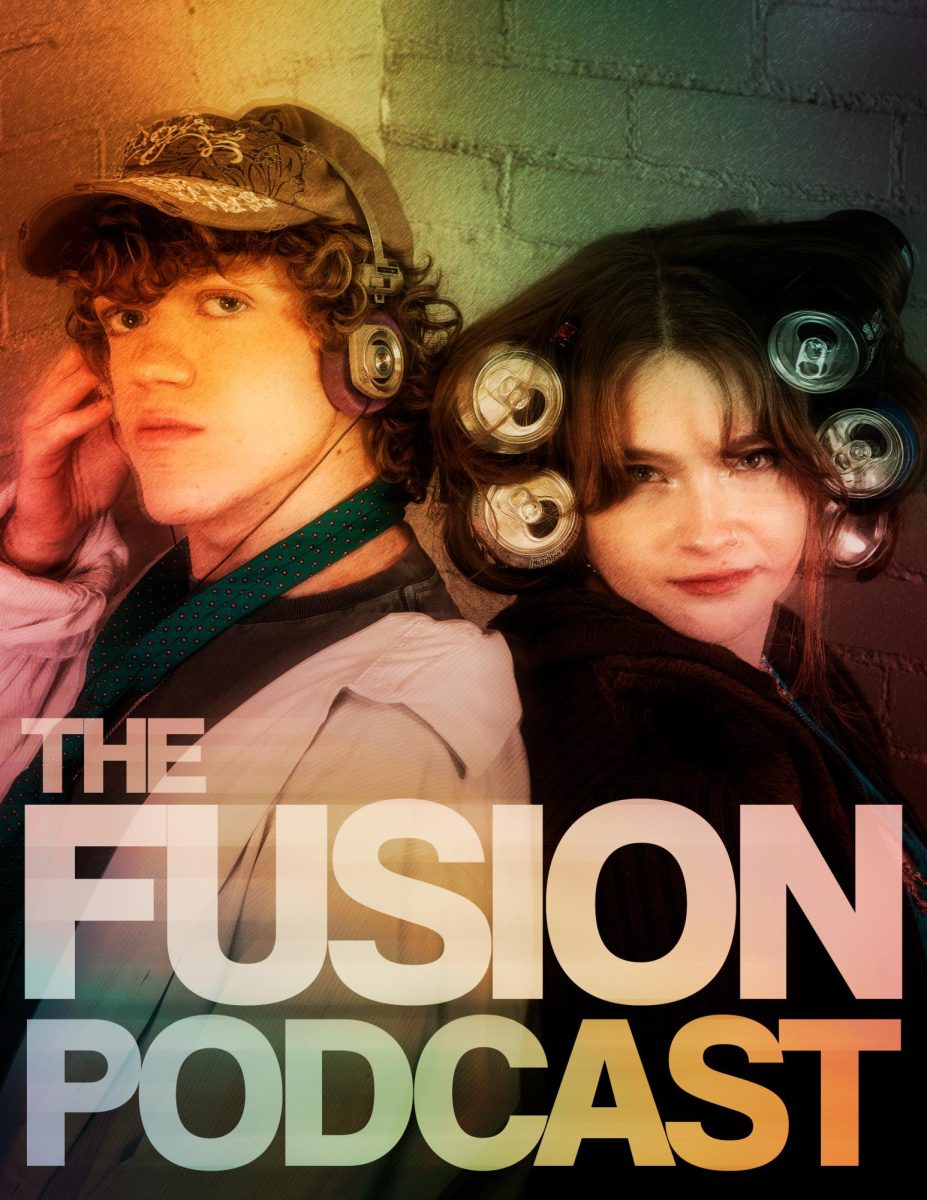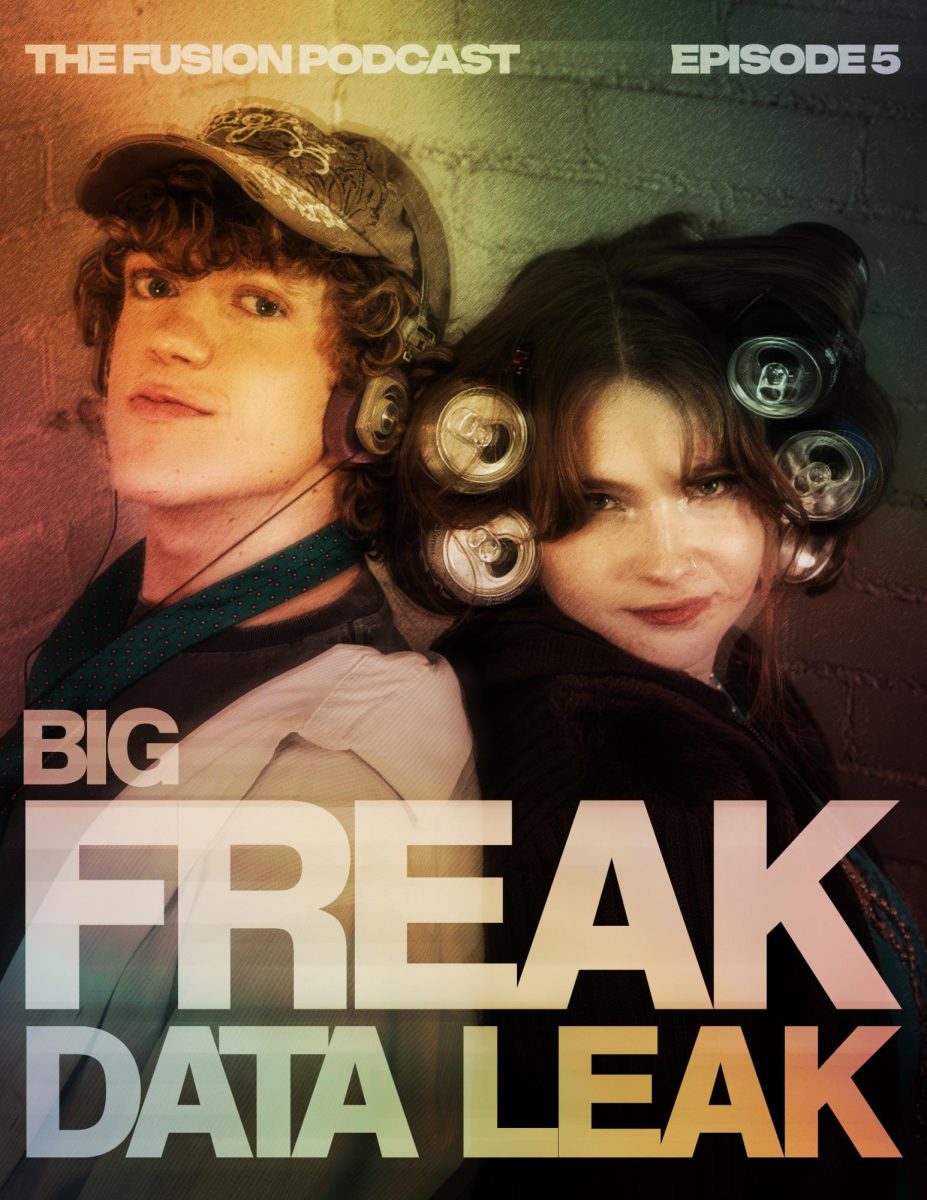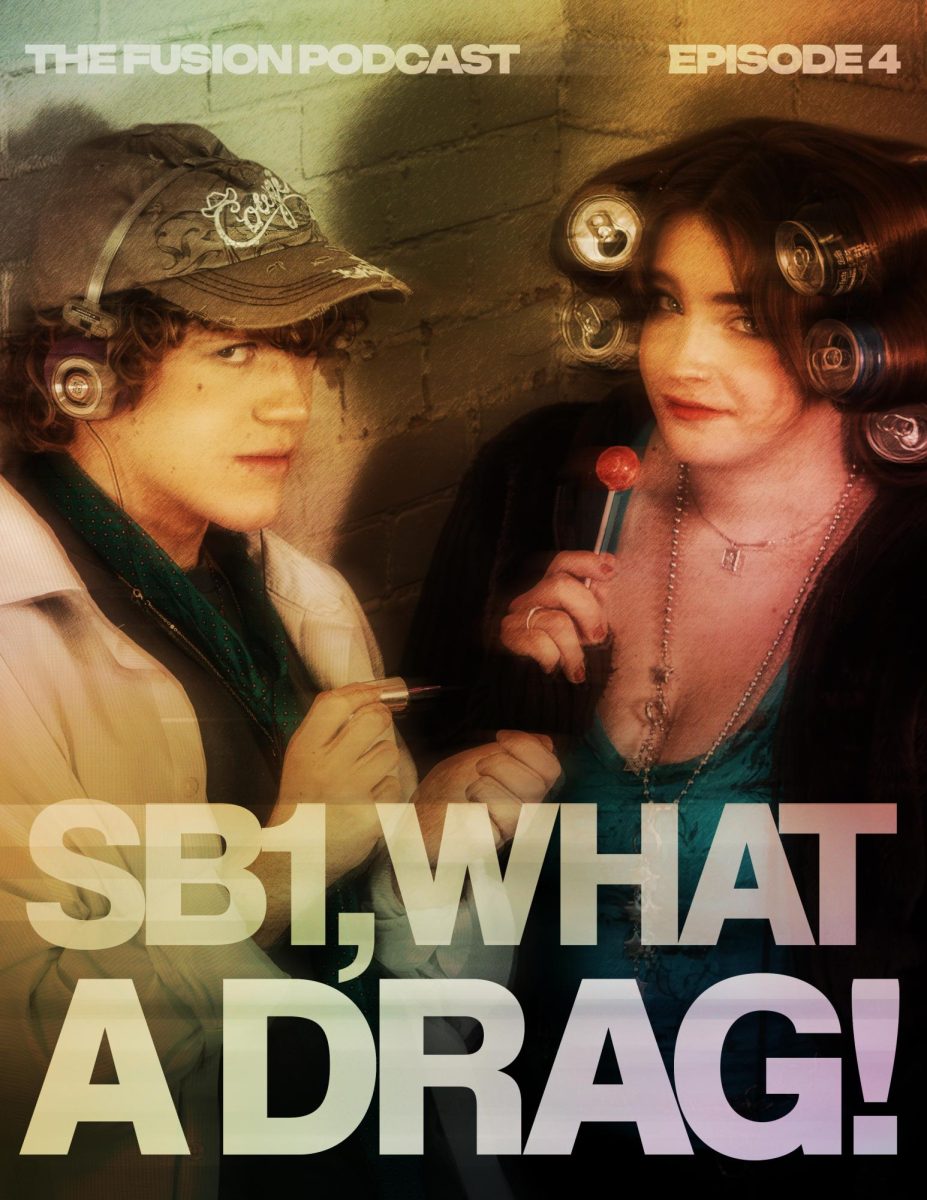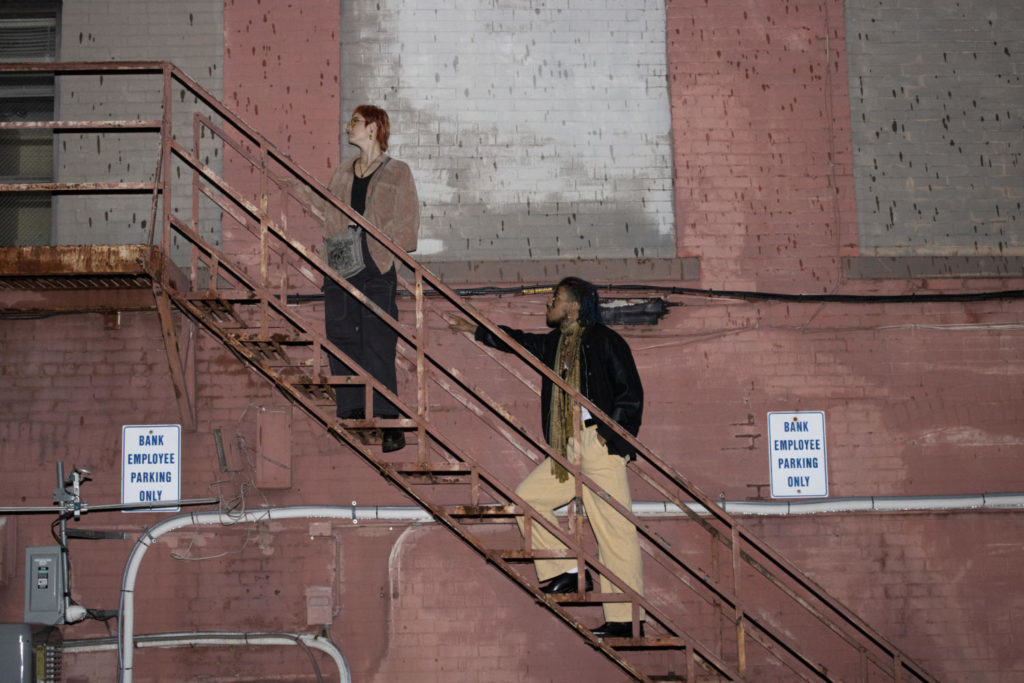
The world looks different through everyone’s eyes – and so do people. The rising knowledge of the “male gaze” is causing feminists everywhere to reevaluate their favorite movies, TV shows, and characters. The natural counter-phenomenon, the “female gaze,” is steadily rising in popularity. Understanding what each theory means for every member of society helps audiences everywhere look at media in a different light.
According to Film Inquiry, the term “male gaze” was created in 1975 by Laura Mulvey, a feminist film theorist. Essentially, the “male gaze” is a term created to describe how women are depicted in the media through the eyes of a heterosexual male. This generally includes hypersexualizing and objectifying female characters, putting the women on “display” for the viewer, and creating harmful stereotypes for both men and women. Men are predatory, “macho” characters, while women are used for their physical sex appeal through the lens of the male gaze. As Laura Mulvey described it in her essay, Visual Pleasure and Narrative Cinema, “men do the looking, and women are to be looked at.”
McKenzi Nadeau, a nonbinary fourth-year fashion design major at Kent State defines the male gaze in his own words: “The typical male gaze tends to see feminine-presenting people as sexual objects[….] If they don’t fit every single expectation of society…they are not worth the time or effort or don’t deserve attention.”
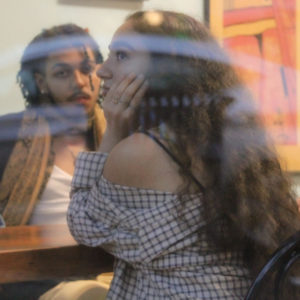
One of the most overt examples of the male gaze in cinema is Harley Quinn’s character in Suicide Squad. Even though Harley Quinn is fully clothed in a clown-inspired costume in the comic books for the most part, the white, heterosexual, male director of the Suicide Squad movie, David Ayer, decided to present Harley Quinn as a childlike object for male viewing pleasure. Ayer’s Harley Quinn was depicted with long ponytails, a dog collar, and ripped, limited clothing. Even her smeared makeup and “Daddy’s Little Monster” shirt have sexual undertones that pique the interest of male viewers.
Rhiannon Bertemes, a nonbinary English graduate from Kent State, says that they “can typically tell when production teams are made largely of men based on how women are being filmed/acting in said media.” In anime, for example, Bertemes explains that, “Female characters are almost always sexualized and objectified both by creators and viewers because their target audience (men) enjoys this type of sexualization.”
Sonavi Jethra, a first-year Studio Art and Psychology double major, supports Bertemes’ claim, saying that the “male gaze” is “clearly seen in media through things like how the characters are dressed or how a camera would frame a woman’s body rather than their face.”
The “female gaze,” on the other hand, challenges the male-dominated film stereotypes by flipping the script on characters in the film industry. Female writers and directors tend to stray away from the “male gaze” in media, and focus on creating more dynamic, realistic female characters, instead of objectifying them for the male audience’s pleasure. This is why movies written and directed by women tend to be received better by other women – this minority group is finally able to see strong, female characters that have their own purpose and personality in the story. The film industry has been dominated by men for so long that characters through the “female gaze” are still very rare to see. Although the number of these characters is growing, the “male gaze” far outweighs the “female gaze” when it comes to the media.
“The typical female gaze I would say is less about looks but more the ins and outs of a person. Who someone truly is,” describes Nadeau, “Their emotional intelligence, kindness, etc. It is much easier to look past societal standards and embrace things that are so called ‘unconventional.’”
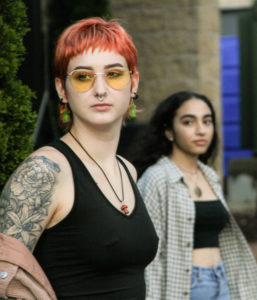
Going back to the example of Harley Quinn, the Birds of Prey: Harley Quinn movie was directed by a Chinese-American woman, Cathy Yan. Yan’s Harley Quinn is still the strong, fun, and aggressive character that she always has been, except without the hypersexualized elements. This version of Harley Quinn has more of a personality instead of being tailored to the male gaze. The dog collar is gone, her outfits are more personalized, and her pigtails are less childlike. This is what the female gaze is all about – making strong female characters without reducing them to be objects of male desire.
The predatory lens of the “male gaze” is a common phenomenon that is slowly moving away from the film industry. Although the industry has a long way to go, the rise in women-led movies is bringing the idea of the “female gaze” to the forefront. For example, the last several movies in the Marvel franchise (Black Widow, Thor: Love and Thunder, She-Hulk, Ms. Marvel, Doctor Strange and the Multiverse of Madness) have been centered around female superheroes – something we haven’t seen nearly enough of in the first several phases of the Marvel Cinematic Universe.
This is all an amazing start to discarding the harmful “male gaze,” but the media still has a lot of work to do. Jethra gives another example, “The female gaze can be seen perfectly through people like Harry Styles on the cover of Vogue or Damiano David from Maneskin. The difference between the gazes does not simply boil down to nudity or body type. It’s about how it shows the characters we see as people with agency. I think the female gaze represents all people in a light where they have their own choices to be who they are, regardless of gender.” In both instances, these men are not stereotypically “macho” men as the “male gaze” sees them, instead, these men are breaking gender stereotypes and being themselves, which is how they are perceived through the “female gaze.”
Although the “female gaze” does allow people to generally be themselves and be praised for it, it is still important to note that both gazes can be harmful in their own ways. Jethra admits that, “I think I struggled a lot with how I used to look and dress to fit the male gaze because I feel like I never felt chosen by those who saw me. But, I think over time I’m starting to find out who I really am away from the male gaze and the stereotypes that almost put me in a box.”
Nadeau supplements this idea saying, “I have spent so long being worried how others have perceived me but I strive to continue to always authentically be myself no matter the case.” Staying true to your authentic personality is the best way to fight stereotypes.
